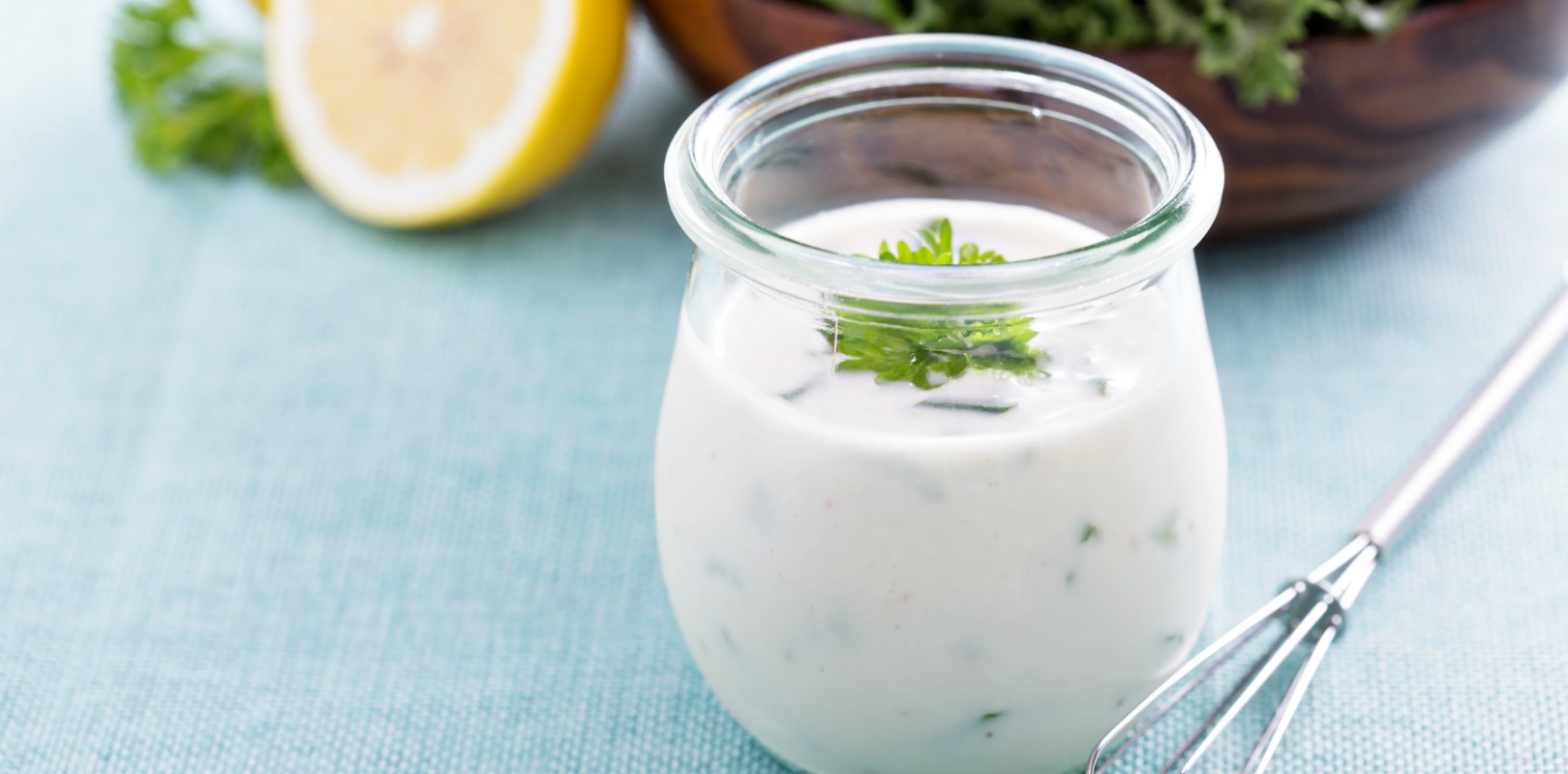Fermented foods represent about one-third of the foods in the human diet. The goal of fermentation in these products is to improve the preservation, taste, structure or nutritional value of the food. In the present study, the authors investigated the relationship between total and subtypes of bacterial fermented food intake (dairy products, cheese, vegetables and meat) and mortality due to all causes, cancer and CVD in the prospective European Prospective Investigation into Cancer and Nutrition-Netherlands (EPIC-NL) cohort.
The Netherlands EPIC Study
These data come from the Netherlands cohort of the European Prospective Investigation into Cancer and Nutrition (EPIC), a European wide prospective cohort study of the relationships between diet and cancer, as well as other chronic diseases, coordinated by the International Agency for Research on Cancer (IARC). Hereby, 34 409 Dutch men and women from 20 to 70 years were followed for a mean period of 15 years. Intakes of total and subtypes of fermented food (dairy products, cheese, vegetables and meat) were evaluated at baseline with a validated Food Frequency Questionnaire.
Microbiota normalization
For analyzing the results of the mortality, the authors adjusted the data for age, sex, total energy intake, physical activity, education level, hypertension, smoking status, BMI, and consumption of fruit, vegetable and alcohol. The results showed no association between total fermented food intake and mortality, due to all causes, cancer or CVD. Between subtypes of fermented food, none was consistently related to mortality, except for cheese, which was moderately inversely associated with CVD mortality, particularly stroke mortality. The absence of an overall effect of fermented food with mortality challenges the theoretically negatives effects of animal fats, and this call for more studies on the specificity of bacterial fermented food. In conclusion, intakes of fermented dairy foods and cheese were not associated with mortality due to all causes, cancer or CVD in this Dutch cohort. Whether other fermented foods in the Dutch diet play an important role in mortality is unlikely based on the results of the present study.
To learn more, read the original article.



